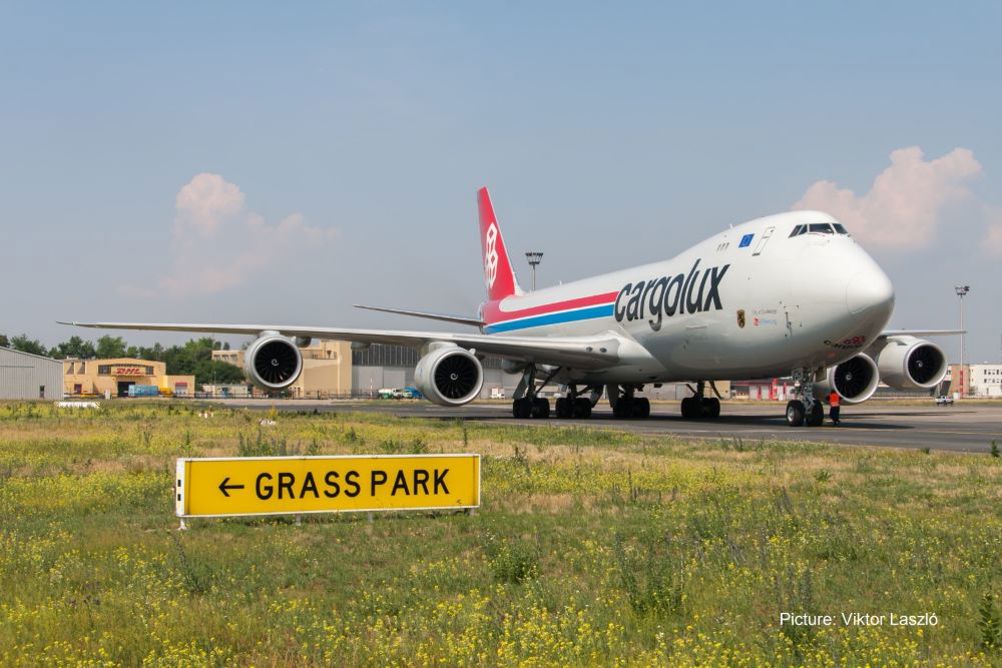
Picture credit: Viktor Laszlo on behalf of Cargolux Airlines International
The e-fuel developer has secured investment from the airlines and strengthened the shareholder group around technology provider and plant builder Paul Wurth.
It plans to start e-fuel production in Mosjøen, Norway, providing e-fuel to the aviation industry from 2026 and open 2 more plants by 2030.
Cargolux and Norwegian are committed to e-SAF (sustainable aviation fuel) and their offtake agreements cover more than 140,000 tons of fuel supply.
They will provide strategic support to develop the additional production facilities by 2030.
Karl Hauptmeier, CEO of Norsk e-Fuel, says, “The commitment of our new partners Cargolux and Norwegian and the reaffirmed support of the founding member and shareholder Paul Wurth are not only a sign of trust into our mission, our business concept and our team. They also show the understanding of the critical role of e-Fuels in shaping a future for aviation that is free from fossil fuels—both in Norway and across Europe.”
Richard Forson, CEO and President of Cargolux, says, “E-Fuels are based on abundant feedstock such as carbon dioxide and when produced with green electricity, this project will provide one of the highest greenhouse gas savings compared to conventional jet fuel. We look forward to offering our customers the option to have the ability to voluntarily enhance their sustainability initiatives through the use of e-Fuels for their shipments as of late 2026.”
Geir Karlsen, CEO of Norwegian, adds, “Together, we now embark on a journey towards the next generation of fossil free jet fuels. Such sustainable aviation fuels will be in high demand in the years to come. The agreement entails that we will invest a total of around €5 million and will secure Norwegian early access to the product. The use of fossil free aviation fuels is key to achieving our goal of reduced carbon emissions by 45% in 2030.”
